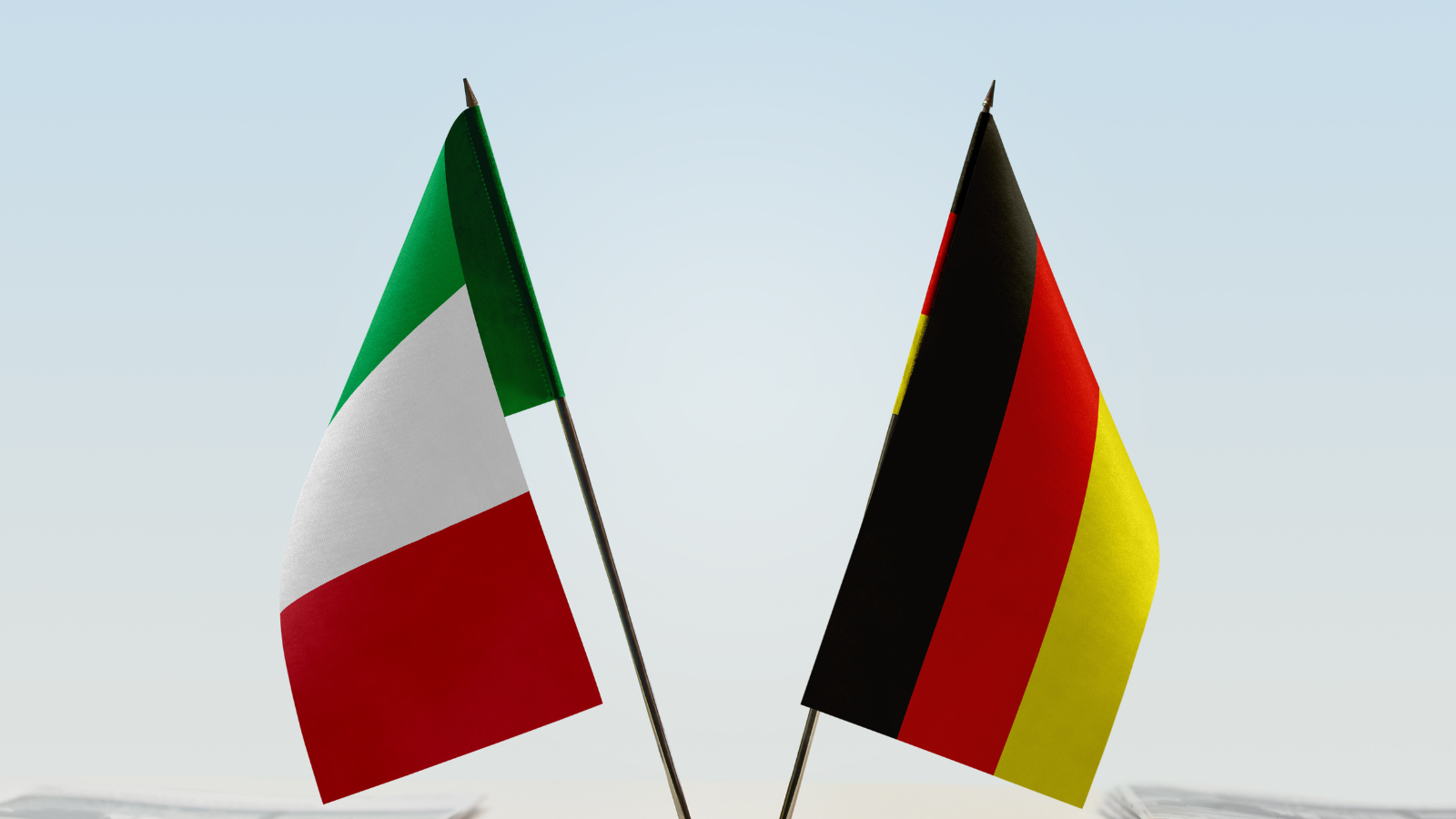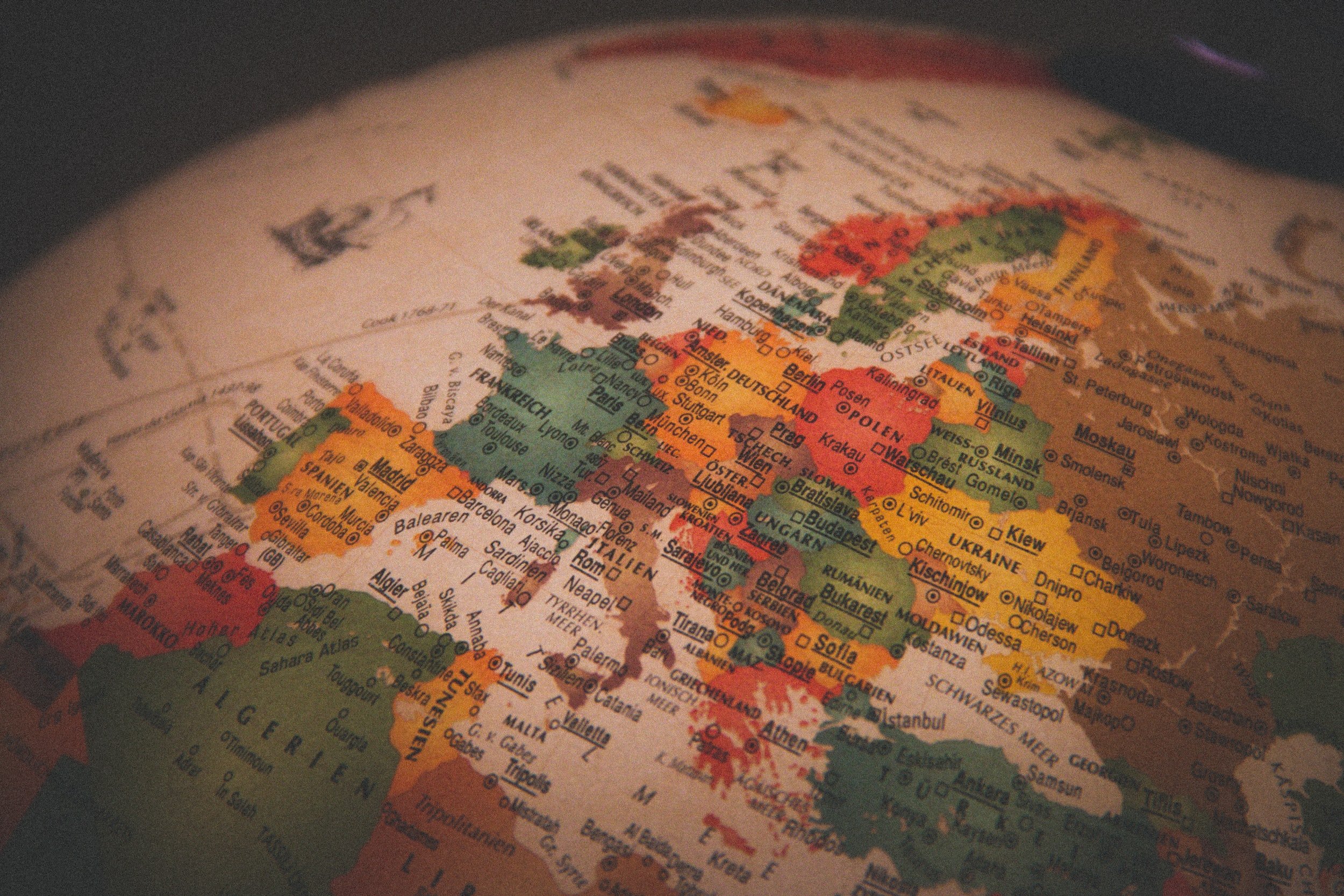Investor Groups Advocate for EU's Corporate Sustainability Directive Amidst Opposition
Investor groups are urging EU countries to support a proposed law, the Corporate Sustainability Due Diligence Directive, which would hold large companies accountable for environmental and human rights violations in their supply chains.
The law, part of the EU's broader Green Deal initiative, aims to provide investors with more information on sustainability issues. However, Germany's opposition has raised concerns about the law's approval, as other major states like Italy may follow suit.
Despite criticism from German businesses citing potential bureaucracy and legal uncertainties, investor groups are urging member states to back the directive at the upcoming COREPER meeting. The law would affect approximately 13,000 EU companies and 4,000 non-EU firms. While the EU has been pushing forward with climate-related regulations, opposition is growing amidst challenges such as the cost of living crisis.
Read more about this on Reuters >
WHY IS THIS IMPORTANT FOR MY INDUSTRY?
The Corporate Sustainability Due Diligence Directive is set to shake up how big companies handle their supply chains, especially when it comes to green and human rights issues. This law is all about giving investors the lowdown on sustainability issues, showing that people are craving more openness and honesty in how stuff gets made and shipped.
So, if you're running a transportation or logistics business, you need to make sure you're on the eco-friendly and ethical side of things to keep those investors happy and avoid getting slapped with fines.
But hey, if you're already doing your part for the planet, this directive could open up some cool new opportunities for you, like offering greener transport options or shouting out about your ethical sourcing practices. Just watch out though – if you're not playing by the new rules, you could end up with a damaged rep and a hit to your bottom line.
🔥 OUR HOT TAKE?
Get ready for some tighter rules and more hoops to jump through. And even if you're not based in the EU, don't think you're off the hook – these changes could still hit you if you're doing business there.
It's all about keeping up with the ever-changing global rulebook and making sure you're not caught out by surprise regulations.
Deforestation is a major global problem, with agriculture responsible for a whopping 90% of it.
European Union countries hit a roadblock on Wednesday as they halted the progress of new regulations aimed at making large companies accountable for potential forced labor and environmental harm in their supply chains.
Investor groups are urging EU countries to support a proposed law, the Corporate Sustainability Due Diligence Directive, which would hold large companies accountable for environmental and human rights violations in their supply chains.
Estonia's foreign minister, Margus Tsahkna, has accused Moscow of orchestrating a "blatant hybrid attack" by facilitating a surge in migrants from Africa and the Middle East arriving at the EU's eastern frontier.
France, Germany, and Italy have opposed the EU's draft AI legislation, particularly regulations concerning "foundation models" that underpin large AI language models.
The United States and China, along with 27 other countries and the EU, have signed the Bletchley Park Declaration on AI during a two-day AI Safety Summit held in the UK.
Germany has allowed France to use state subsidies for its nuclear power plants, breaking a deadlock in EU electricity market reform discussions.
Belgium is investigating potential security risks related to China's Alibaba Group's presence at Liège Airport, where its main European logistics center is located.
New Brexit trade rules related to electric vehicles could impose a significant financial burden on European auto manufacturers, potentially costing them £3.75 billion ($4.58 billion) over the next three years, as reported by BBC News.
Europe is grappling with a severe public health crisis as nearly everyone on the continent resides in areas plagued by dangerous air pollution levels, according to an investigation by The Guardian.
Ships transporting goods in and out of the European Union will soon face significant emissions-related costs as they join the bloc's Emissions Trading System (ETS) starting in January 2024.
The U.S. and EU are taking steps to lessen Asia's stronghold on the global semiconductor market. With the shift of semiconductor manufacturing operations to major Asian countries, the U.S. and Europe have faced challenges in maintaining competitiveness.
Moody's has highlighted that the new Deforestation Regulation introduced by the European Union poses a significant risk to European supply chains.
Republican lawmakers Senator Tim Scott and Representative James Comer have expressed concerns about European Union (EU) environmental, social, and governance (ESG) measures gaining traction in the United States.
Italy has unveiled plans to establish a €1 billion sovereign fund to support strategic companies and enhance domestic production, aiming to strengthen key supply chains.
European governments have traditionally been more aggressive in regulating fuel consumption, but the United States is catching up with strict emissions regulations and fines for automakers that fail to meet EV sales targets.
Under new EU regulations set to come into force in 2024, European transport and logistics firms, including airlines, airports, and shipping lines, will have to bolster their cybersecurity measures.
Ever since the war started between Russia and Ukraine, many European countries have reverted to using coal and other less environmentally friendly practices.
Since the European Union banned the shipment of Russian oil, it has disrupted global shipping patterns.
Europe has slowed production of lithium-powered cars, their production this year is expected to be over a million cars less than the original estimate.
Germany, Italy, and some other small eastern European countries have formed an alliance in order to voice opposition to Europe’s ban on combustion engines.
Sennder is a Berlin-based digital freight forwarder and logistics company that partners with Amazon to provide delivery services in Europe.
In the race to fully transition to green energy, investments are rampant on both sides of the Atlantic Ocean to integrate electric vehicles and other sources of clean energy.
This regulatory framework has been in the works for awhile - a digital product passport developed as a tool to help companies demonstrate compliance with standards.
The latest effort of Amazon is to cut as many costs as possible, including buying products directly from brands instead of using middlemen.
As a result, many freight companies are reverting to diesel locomotives over electric models in order to reduce substantial operating costs.
Trucks are being given a bit more grace by the EU to get with the green energy program, but they’re being held to a standard, nonetheless.
The Biden Administration’s $500 billion legislation encouraging new spending in the domestic green energy industries may be the final straw for the EU, which unveiled its Green Deal Industrial plan in response.
Dubbed a “shadow fleet” the crude oil vessels are quietly transporting the EU-banned Russian product.






























A top cybersecurity firm, ESET, has uncovered Chinese hacking attempts in the European cargo shipping industry, marking the latest instance of China-aligned groups infiltrating Western economic infrastructure.